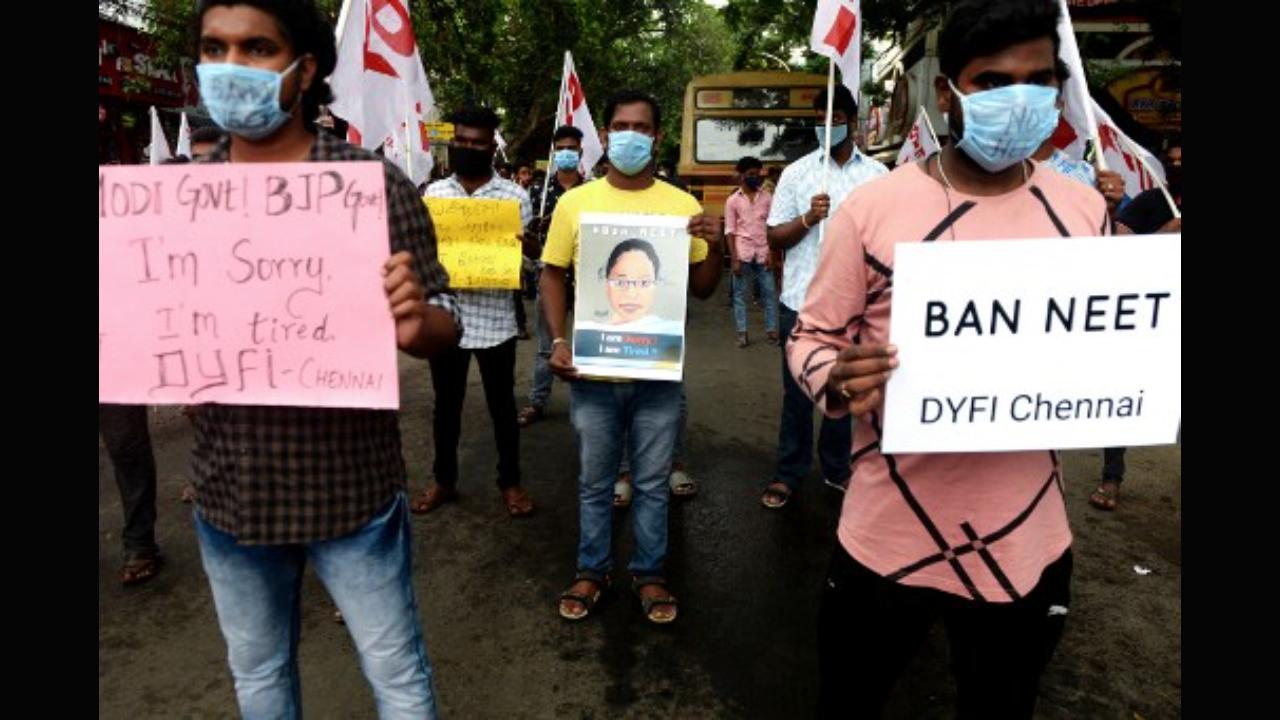The rise in the number of suicides of NEET aspirants and medical students from marginalised communities has brought into focus the unaddressed issue of caste in the Indian medical system. On World Science Day, public health expert Dr Sylvia Karpagam shares nuanced insights on how caste privileges lead to systemic exclusion of SC, ST students

World Science Day is celebrated to highlight the significance of science in our daily lives and to stay informed about scientific developments. Photo: AFP.
In September 2017, S Anitha, a Dalit girl from Ariyalur district of Tamil Nadu (TN), died by suicide after she was unable to secure admission in a medical college. The Supreme Court (SC) in the same year had ruled that admissions to medical colleges in TN will be based on marks obtained in the National Eligibility cum Entrance Test (NEET), conducted by the National Testing Agency for admission to undergraduate medical courses in India. Anitha, who had scored 1,176 marks out of 2,000 in her 12th board exam and 12.33 percentage in NEET while the minimum cut-off for reserved category students was 40 percent, moved the Supreme Court challenging NEET and was known to have spearheaded the movement against the all India medical entrance exam.
 Subscribe today by clicking the link and stay updated with the latest news!" Click here!
Subscribe today by clicking the link and stay updated with the latest news!" Click here!





